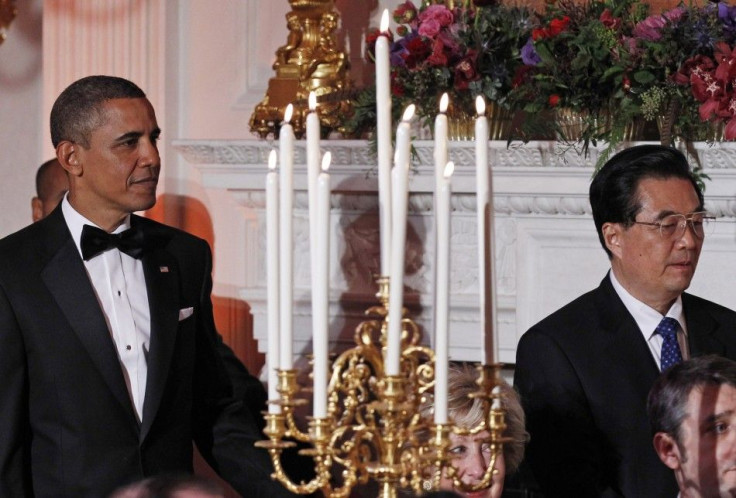U.S. Debt Still Poses Threat to Global Economy: Chinese Media

The U.S.' debt woes still threaten the global economy despite a last-minute deal struck by the White House and political party leaders, China's main official newspaper said on Tuesday, nonetheless adding there was no short-term escape from the dominance of the dollar.
The comments were published by the People's Daily, the chief paper of China's ruling Communist Party, in anticipation of a final debt deal reached in Congress between Republicans and Democrats.
"Although the U.S. has basically avoided default, its sovereign debt problems remain unresolved. They have merely been pushed off, and there is a tendency for them to grow," a brief commentary in the paper said of the U.S. debt deal.
"This has cast a cloud over U.S. economic recovery, and also increased the risks and perils facing the world economy."
Such comments in an official Chinese newspaper do not necessarily reflect the conclusive views of top leaders. But these latest wary comments echo other recent critical remarks in official media from Beijing, which is worried about its big holdings of dollar assets.
The House of Representatives on Monday approved a last-gasp deal to raise the U.S. borrowing limit in a decisive step toward averting a catastrophic debt default by the world's largest economy. The Senate will vote on the deal on Tuesday. and it will then go to the desk of President Barack Obama.
As the largest creditor to the U.S., China has repeatedly urged Washington to protect its dollar investments, estimated to account for about 70 percent of its $3.2 trillion in foreign exchange reserves, the world's largest.
But Chinese officials have avoided publicly commenting on the debt showdown in Washington.
The People's Daily said the credibility of U.S. treasury debt had been damaged since the outbreak of the sub-prime mortgage crisis, but other economies still have no way of shaking off dependence on the dollar.
"Although confidence in U.S. debt has suffered a short-term fall, and credit agencies could downgrade its rating, its basic credibility has not altered," said the paper.
It added that "the dollar remains a hard currency that all countries have no choice but to accept."
The official China Daily said Beijing is likely to view the plan as a positive step in restoring investor confidence in the dollar and the U.S. bond market.
"The agreement is likely to avert default by Washington and it certainly is a relief for China," Chen Daofu, a researcher at the State Council's Development Research Centre, was quoted as saying by the newspaper.
WARY OF FUTURE
Several Chinese economists fretted that the world's largest economy is still saddled by a mountain of debt.
Zhu Baoliang, chief economist at a government think-tank the State Information Centre, said a $1 trillion reduction in the U.S. fiscal deficit over the next 10 years was not enough to avert another debt crisis in future.
"As alarm over a debt default eases, China will not suffer any immediate impact," he was quoted as saying in the China Daily. "But any impact would eventually be seen in the long term."
Although the deal prevented a sudden shock to the U.S. economy, Li Xiangyang, a researcher at the Chinese Academy of Social Sciences, said U.S. politicians in the future could ignore creditors' interests while pursuing domestic politics.
To escape the dollar trap, China must stop investing its foreign exchange reserves in dollar assets in future, he said.
"The raising of the U.S. debt ceiling is a double-edged sword for China," Li wrote in an article published in the People's Daily's overseas edition.
© Copyright Thomson Reuters 2024. All rights reserved.




















